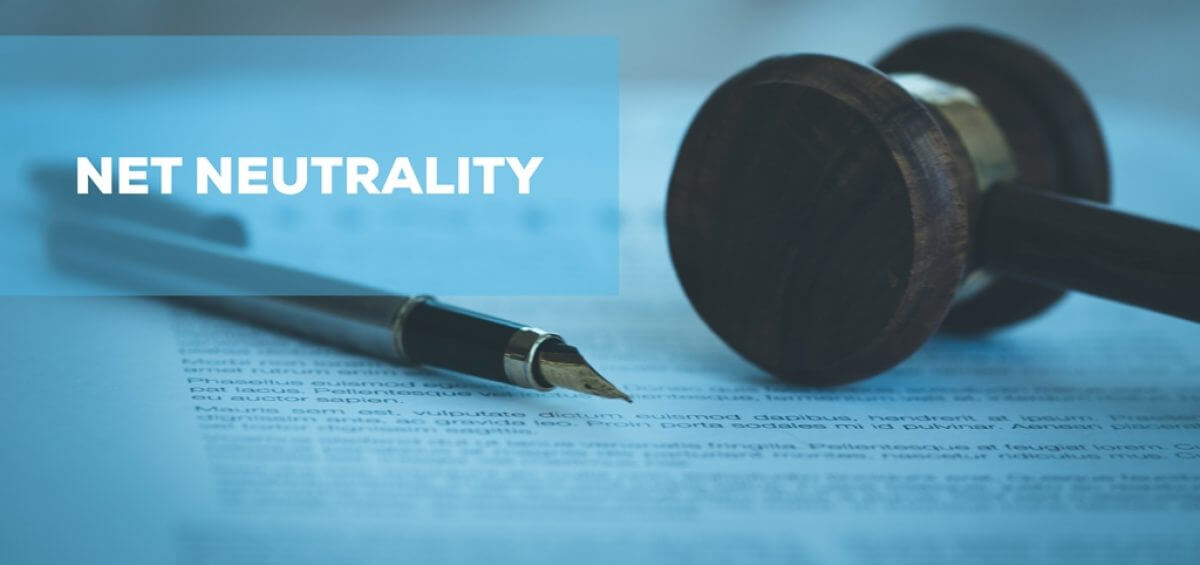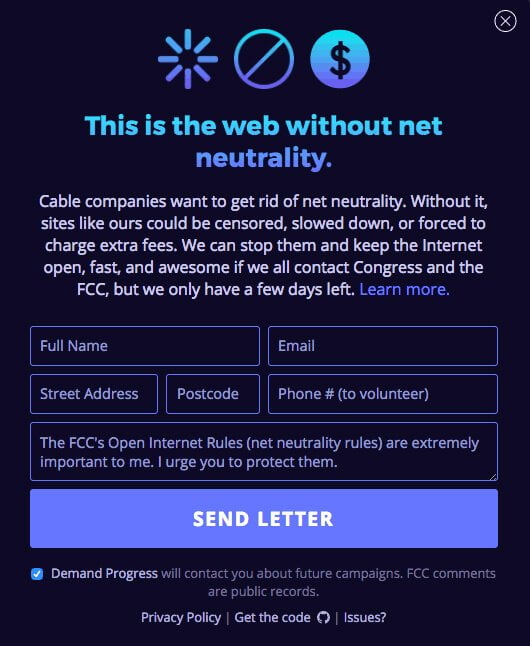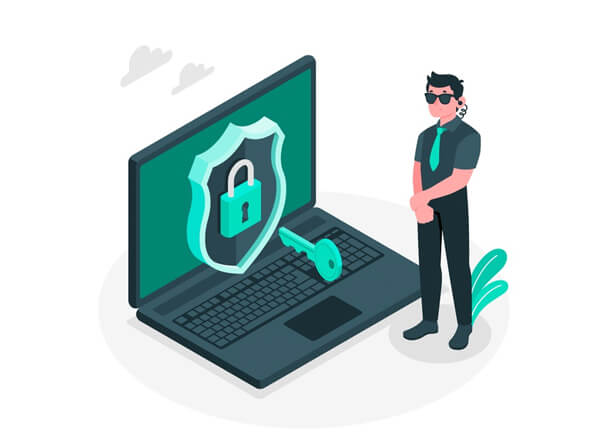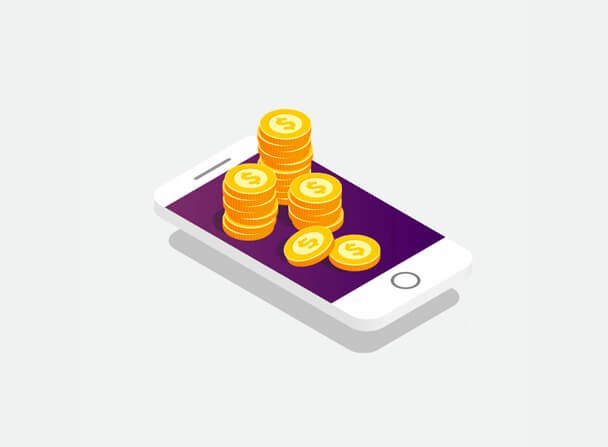
What’s the Deal With Net Neutrality?
The internet has always been a place where people get to express themselves freely, being able to connect to anyone without restrictions, and accessing any information and online services without any rules or limits. As long as you pay your internet service provider (ISP), you get to go where you want, when you want and how you want. It has always been that way for many years now. This great privilege is called Net Neutrality or The Open Internet.
The United States, for example, is currently protecting Net Neutrality by preserving open, unrestricted access to all online content and prohibiting ISPs to perform any of the following tactics:
- Blocking of web content, services and apps
- Throttling or the intentional slowing down of internet access
- Paid prioritisation or delivering paid contents to consumers faster than other contents

However, the Open Internet is now under threat. In May 2017, the Federal Communications Communication (FCC) proposed to revisit the existing Net Neutrality rules to know if they are still the best approach to internet usage. After the proceedings, the future of the free and open internet will be decided by one final vote. If they agree on changing it, the ISPs will basically be the ones to decide what a user can and cannot do within the internet, among other rules.

Because of this, some of the biggest companies and websites virtually marched the streets of the internet on July 12 to support the Day of Action. This includes internet giants like Google, Netflix, Amazon and others. Since the FCC is inviting comments and protests on an official portal, different types of protests were done on the internet on that one day.
Mark Zuckerberg, Facebook CEO, posted a statement to educate the public on how they can react. Part of his statement says, “Right now, the FCC has rules in place to make sure the internet continues to be an open platform for everyone. At Facebook, we strongly support those rules. We’re also open to working with members of Congress and anyone else on laws to protect net neutrality. If we want everyone in the world to have access to all the opportunities that come with the internet, we need to keep the internet free and open.”
Twitter also wrote an official blog to support the Day of Action and Netflix tweeted about it. Other sites put up banners, alerts and prompt like this to promote the protest and raise awareness. All these efforts seem successful as the agency received 2 million comments of protest that day alone.
So what happens when the rules are changed?
It will actually depend on the rules officially set by the government. But generally, these are the possibilities:

-
Inability to Access Some Sites, Apps and Services
If Net Neutrality is abolished, ISPs can require companies to pay up before they let users gain access to the company’s content. For example, if your favourite blog sites, like TechCrunch or Mashable, weren’t able to render payment, your ISP will have the power to prevent you from seeing content or using services from these sites unless they agree to pay. Big companies might comply and can afford the fees. But this will be most difficult for start-up companies, SMEs, NGOs and independent projects. If they don’t pay, their content will just disappear, never to be seen by anyone.
-
Random Slowing Down of Internet Connection
Your ISP will be able to control the speed of your internet traffic. Meaning, they can slow down (to unusable levels) the delivery of content from companies that didn’t pay up, and they can speed up the delivery of content from big companies that complied with the payment. It will be like a race – the rich companies on the Fast Lane and the small companies on the Slow Lane. And we all know who’s going to win.
-
Additional Fees
Your ISP may have the permission to charge you additional fees to access certain types of websites, services or apps, whatever the reason may be. And they can also decide whether to be transparent with these fees or not.
-
Data Capping
To minimise bandwidth congestion, ISPs will have the authority to regulate network traffic by adjusting the speed of your internet connection whenever there is a need to do so. They can lessen your upload/download rates when you’re using certain programs and services, such as video streaming and utilising torrent services.

-
Effect on Cloud Computing
Net Neutrality also applies to Cloud Computing in the sense that SaaS (Software as a Service) providers need to also comply with the existing laws. If Net Neutrality changes, SaaS providers could, for example, favour one search engine over another by stopping or slowing down search scanning. They could also deliver better services to selected clients or lessen response time for particular companies at the expense of other companies.
These are just some of the things that can happen if Net Neutrality is abolished. Though some countries don’t have official rules in place dedicated to protecting Net Neutrality, some governments may follow suit on FCC’s pending policies. Other countries may decide to revisit their own policies for internet use and ISP privileges as well. Whether you’ll be affected by this now or in the future, it still pays to be informed and have your say.




